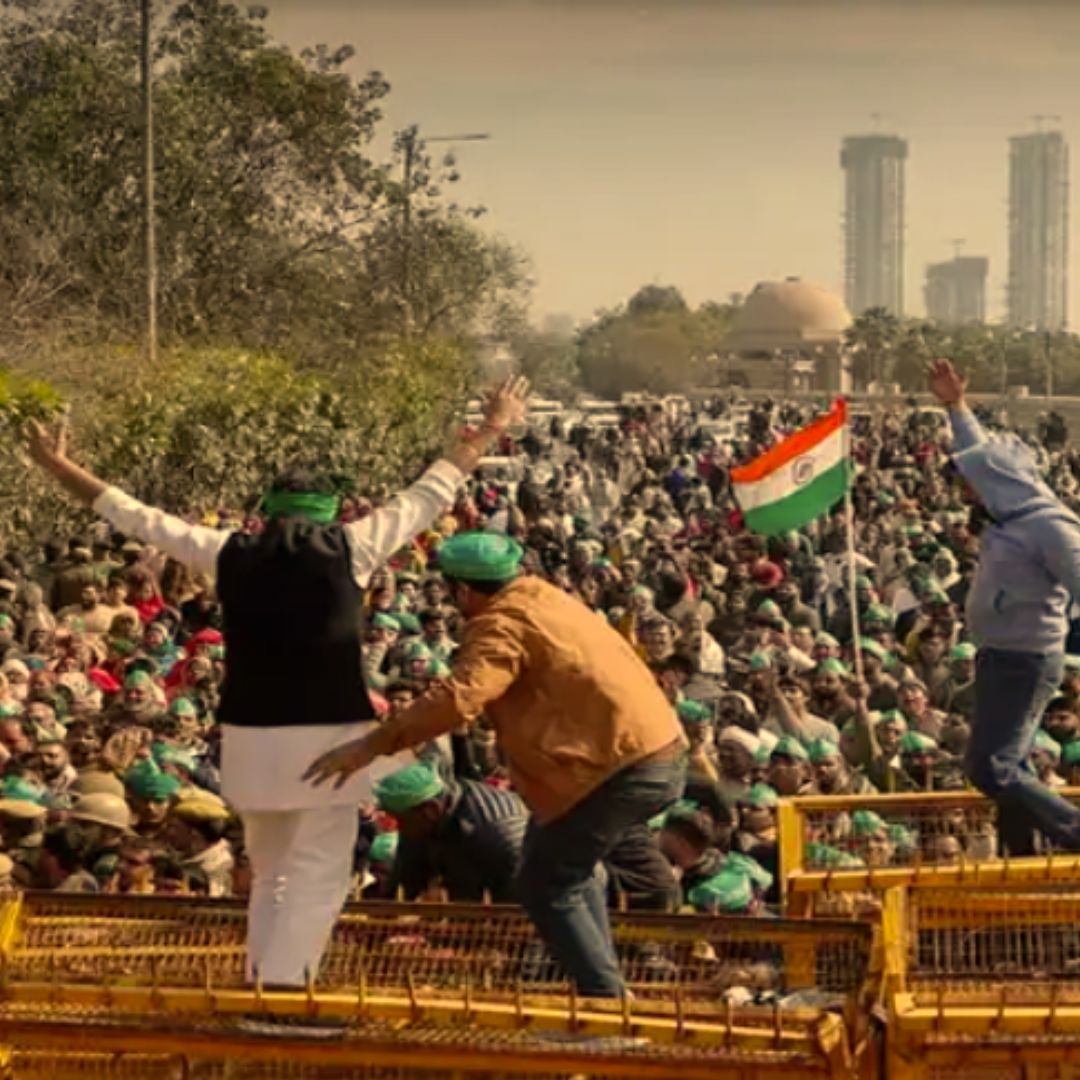On December 2, 2024, thousands of farmers from Uttar Pradesh initiated their ‘Delhi Chalo’ march at the Noida border, demanding fair compensation and agricultural reforms. This protest coincided with the Winter Session of Parliament, leading to significant traffic disruptions in Delhi-NCR. Key demands include a 64.7% increase in compensation under the old acquisition law, allocation of developed plots for displaced farmers, and a legal guarantee for Minimum Support Prices (MSP). After negotiations with police, the protest concluded, and normal traffic resumed. However, further protests are planned by farmers from Punjab starting December 6.
Farmers March for Compensation and Reforms at Noida Border
On December 2, 2024, thousands of farmers began their march towards Delhi from the Mahamaya Flyover in Noida. Organized by groups such as the Bhartiya Kisan Parishad (BKP), Kisan Mazdoor Morcha (KMM), and Samyukt Kisan Morcha (SKM), the protest aimed to address several pressing issues faced by farmers. Key demands included a 64.7% increase in compensation for land acquired under previous laws, allocation of 10% developed plots for displaced farmers, and employment benefits for children of landless farmers. The farmers were determined to reach Parliament to voice their concerns regarding agricultural policies.
Heightened Security Measures in Response to Protests
In anticipation of the march, Delhi and Gautam Buddh Nagar police heightened security at key entry points along the Noida-Delhi border. Barricades were erected, and over 5,000 personnel were deployed to manage the situation and prevent farmers from entering the capital. These measures resulted in significant traffic congestion along major routes such as the DND Flyway and Chilla Border. Commuters were advised to use alternative routes or public transport to avoid delays caused by the protest.
Key Demands of the Farmers
The protesting farmers pushed for several critical demands:
- 64.7% increase in compensation under the old acquisition law.
- Allocation of 10% developed plots for those displaced by land acquisition.
- 20% plots for land acquired after January 1, 2014.
- Implementation of government directives passed by a High Power Committee.
- Legal guarantees for Minimum Support Prices (MSP) to ensure fair pricing for their produce.
These demands stem from long-standing grievances about inadequate compensation and lack of support from the government regarding agricultural policies.
Conclusion of Protest and Future Plans
After a day of intense negotiations with police, the farmers agreed to vacate the protest site at the Delhi-Noida border later on December 2. Following their departure, normal traffic resumed as authorities removed barricades that had been set up during the protest. However, farmer organizations have announced plans for further demonstrations starting December 6, when farmers from Punjab will join in solidarity to continue advocating for their rights and seeking resolutions to their demands.
Community Impact and Public Response
The protests caused significant traffic disruptions but also sparked discussions among commuters regarding the challenges faced by agricultural communities. Many expressed sympathy for the farmers while navigating roadblocks and delays. This situation underscores the need for constructive dialogue between farmers and authorities to address grievances while maintaining public order.
The Logical Indian’s Perspective
The ongoing farmer protests highlight a critical need for dialogue between the government and agricultural communities. As these farmers seek fair compensation and support under new laws, it is essential that their voices are heard without causing disruption to daily life in urban areas. This situation calls for empathy and understanding from all stakeholders involved. How can we foster constructive conversations that lead to positive changes in agricultural policies while ensuring public safety?












